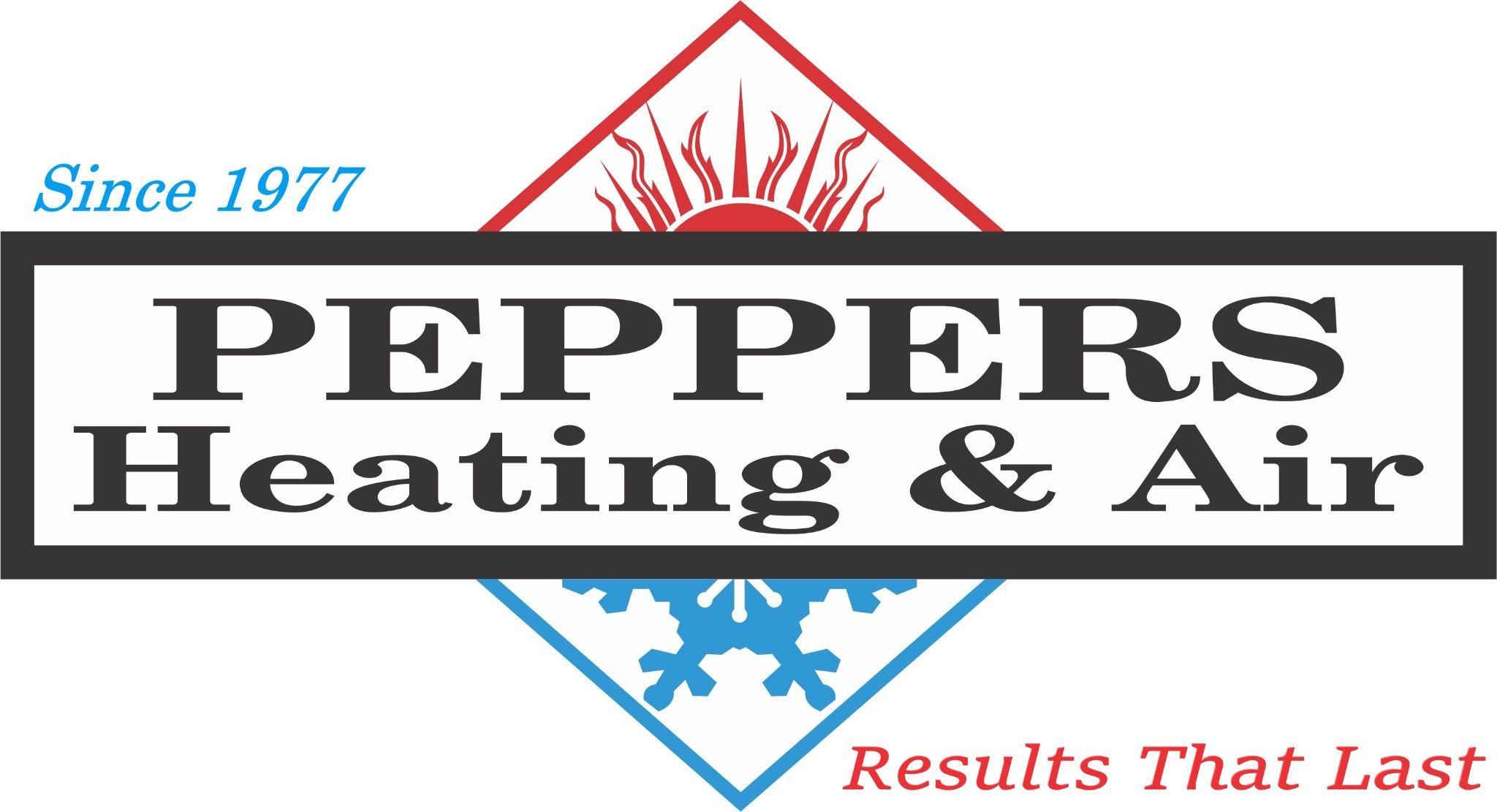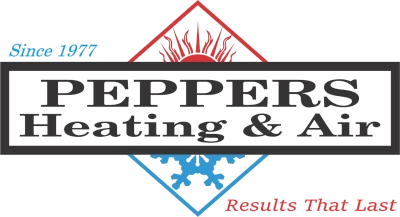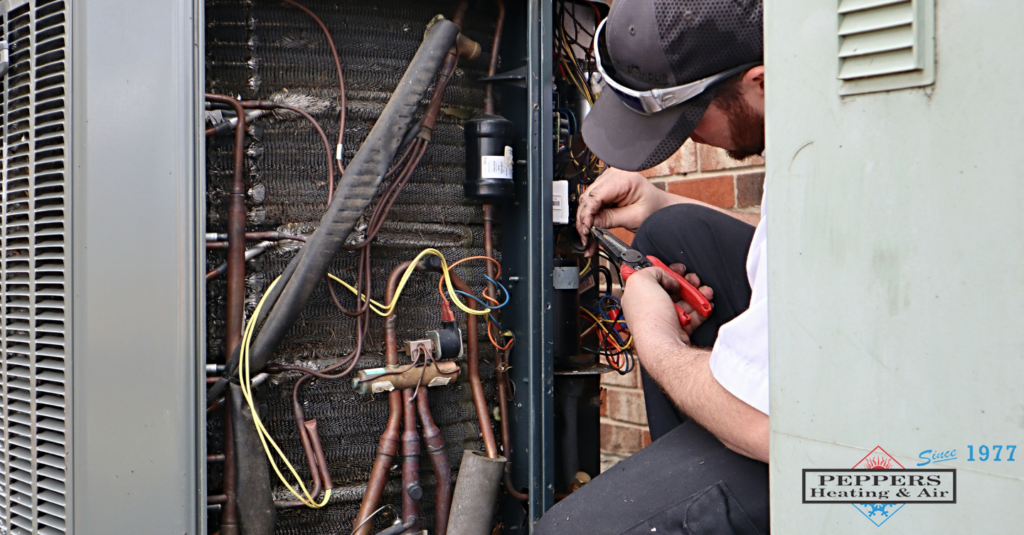As the weather gets colder, having a functional HVAC system is important to ensure comfort throughout the season. One of the most important parts of a working heating unit is the heat pump. This part can transfer heat from the outside and deliver it inside. When this part is running normally, it provides optimum heat when needed.
However, if it fails, this can lead to major problems with the entire system. Here are some of the signs to watch for in determining if a repair or a replacement of a heat pump is needed.
Heat Pump Trouble Signs
For most heat pumps, a typical lifespan can average around 15 years, though some can range from 10-20 years. Energy Star suggests the replacement of a heat pump or air conditioner after 10 years toward a newer model. These updated models can save up to 20% on cooling and heating costs. Having a regularly maintained heat pump means that the unit is performing properly and delivering the right amount of heat or cool air depending on the season. A unit that is not kept up with leads to numerous trouble signs different from the typical wear ad tear that comes from normal age and use. Some of these factors include:
- Your home is not heating properly. This can be the result of external factors, such as a clogged air filter, a broken or faulty thermostat, or something around the outside of your HVAC unit that is blocking airflow. However, in many cases, a defect with the unit causes a system that is not heating correctly. A professional can repair these issues, such as low refrigerant, a non-working reversing valve, or a frozen unit. These can be a precursor to other major issues that could result from not having diagnosed earlier problems.
- Loud noises coming from your unit. A heat pump can typically be louder than a normal heating or air conditioning system. You will need to investigate have certain sounds that are not typical. For example, a loud banging noise could be caused by a part of the unit that broke off or an outside object that made its way in, like a piece of ice. Have a professional review this to avoid further damage. Vibrations can also occur, though the level of severity can vary. These can be relatively minor via a loose cover panel, or something a profession looks at. Red flag sounds include buzzing, gurgling, or grinding, and these can be signs of malfunctioning equipment.
- Bad smells from your HVAC unit. When you turn on your HVAC system for the first time during the winter, it can be common to have a slight burning smell. This is due to a buildup of dust from non-use throughout the summer. However, other smells could indicate more significant issues. A smell that resembles dirty socks is likely the result of bacteria built up on the indoor coils, which require cleaning. And a scent that smells like an electrical fire is usually a sign of a higher-level issue, such as a dead motor or frayed wires. In those cases, getting a new system may be the only option.
- Large Increase in energy costs. As an HVAC system gets older, it leads to a drop in energy efficiency. This means that it works at a higher level and uses more electricity to provide heat or cool air. This leads to an increase in a homeowner’s energy bills. When this happens, a total replacement is likely the best option as it can prevent an owner from paying more for excess energy that a newer system would need.
Repair vs. Replace
Determining whether to purchase a new heat pump or simply repair your current one depends on a number of factors. In addition to how old the unit is, review whether or not the heat pump still has an active warranty, if it has needed repairs in the past, and if any work required is minor and not as costly as a full replacement. In addition, the cost to replace a heat pump or an HVAC unit can vary based on multiple factors. These include home size, the climate where the home is located, and if existing ductwork is located there.
The best way to decide what option is best for your needs is to contact an HVAC professional. They can review any issue that you may have with your heat pump and other heating and cooling system, and decide if a newer, more energy-efficient system works best.
Need more information on heat pumps? If not, call us to reach HVAC experts today.
Contact the professionals at Peppers Heating and Air today!



